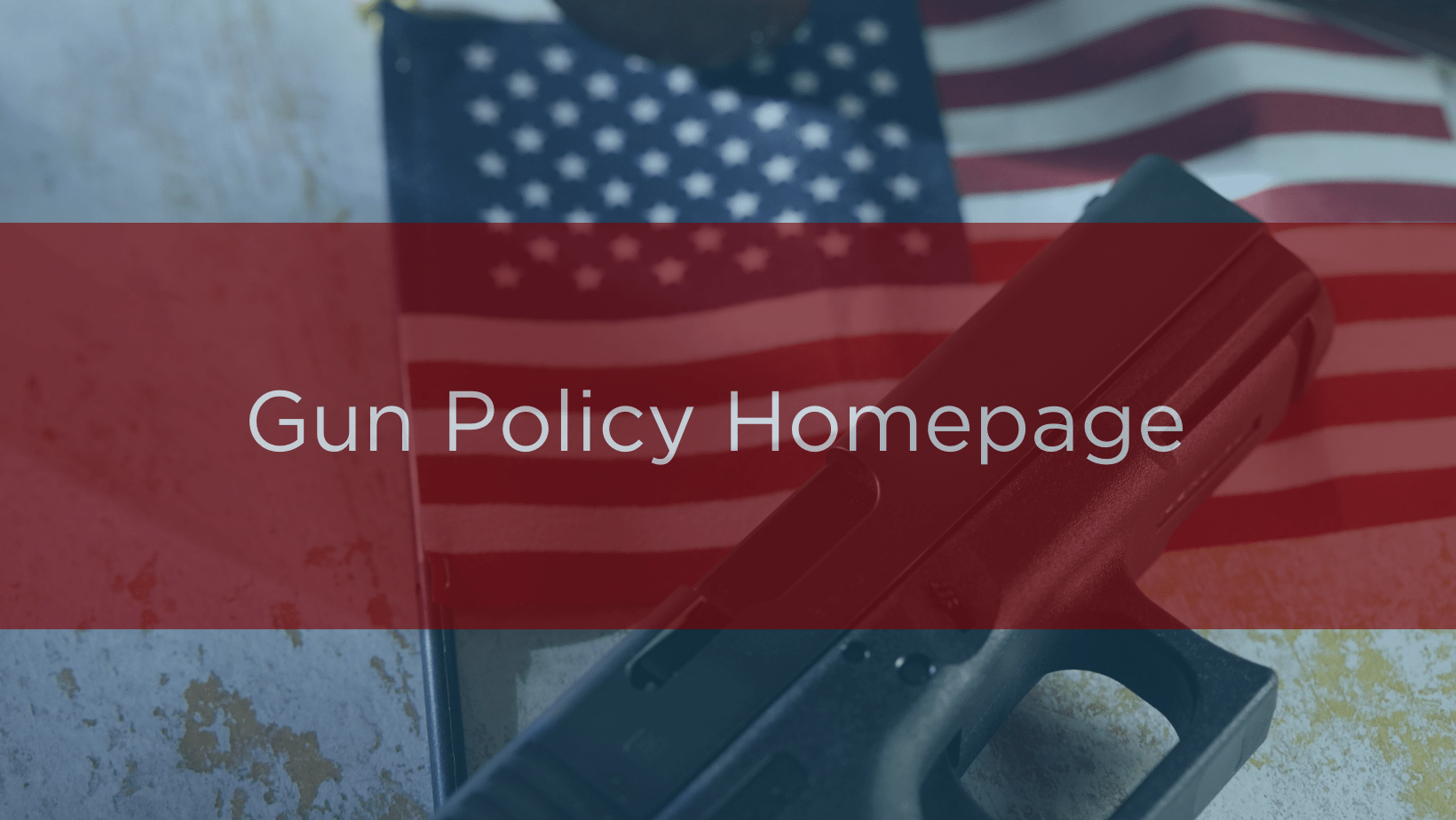The Protection of Lawful Commerce in Arms Act (PLCAA)
What is it?
- The Protection of Lawful Commerce in Arms Act (PLCAA) was signed into law in 2005. Although this is a federal law, several states have enacted similar legislation to provide legal protection for gun manufacturers, distributors, and other gun industry entities.
- Championed by the gun industry, the law was created after several high-profile lawsuits in the late 1990’s held members of the industry accountable for reckless practices.
- The details of the bill are explained well by Giffords Law Center: “[This] federal law…provides broad immunity from many lawsuits to manufacturers, sellers, and importers of ‘qualified products,’ meaning firearms, ammunition, or component parts of a firearm or ammunition. For these purposes, PLCAA provides general immunity from lawsuits to federally licensed manufacturers, federally licensed firearm dealers and importers, and entities engaged in the business of selling ammunition at the wholesale or retail level. (This immunity also extends to certain firearm and ammunition industry trade associations). Generally, PLCAA prohibits plaintiffs from bringing what the law calls “qualified civil liability actions” against these industry defendants. “Qualified civil liability actions” are civil or administrative proceedings for damages or other relief brought by any person, including a governmental entity, “resulting from the criminal or unlawful misuse” of firearms, ammunition, or firearm or ammunition component parts by the plaintiff or a third party.
- There are several exemptions to the law, but analysts regard it as a strong protection for the gun industry.
Who created it?
- Although several states had existing versions of the PLCAA prior to 2005, the federal law was passed in 2005 by Congress and signed by President Bush.
- Notably, there have been several lawsuits regarding the constitutionality and virtue of the law.
Who does it impact?
- The law notably protects members of the firearms industry from civil litigation due to any alleged “misuse” of their products.
- The law also impacts victims of gun violence or other harm from firearms. The protection makes it difficult for victims to receive legal retribution or compensation for harm done.
Where does it differ?
- In some states, laws are more extreme than the federal law, penalizing victims from bringing lawsuits in the first place. For example, in Colorado, a couple became bankrupt after filing a lawsuit against manufacturers of the guns that were used to kill their daughter in 2012. Of note, Colorado legislators removed this extra restriction through 2023 legislation.
- In the last two years, four states have loosened the protections for the gun industry, allowing victims and public officials to bring civil lawsuits against firearms corporations: New York, Delaware, New Jersey, and California.
- Recent cases also challenge legal immunity for gun manufacturers who knowingly impose liability or potential harm. For example, law enforcement and civilians have raised several lawsuits against gun manufacturer Sig Sauer for negligence in manufacturing a gun many say discharges on its own. Such cases, especially with the backing of law enforcement, may increase legal challenges to this liability shield.

